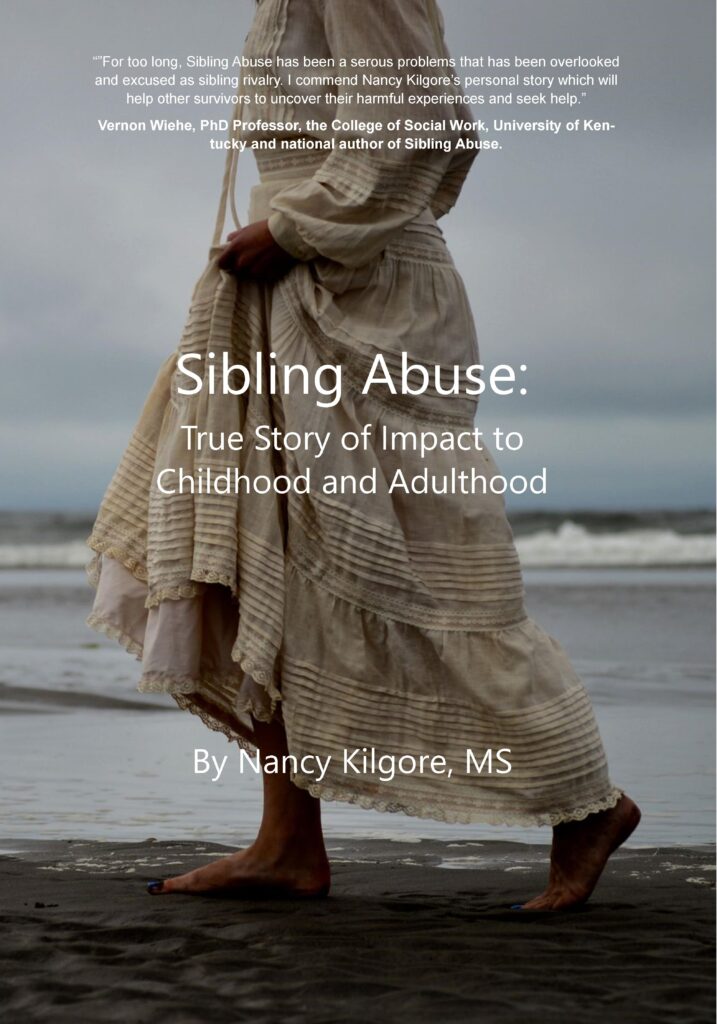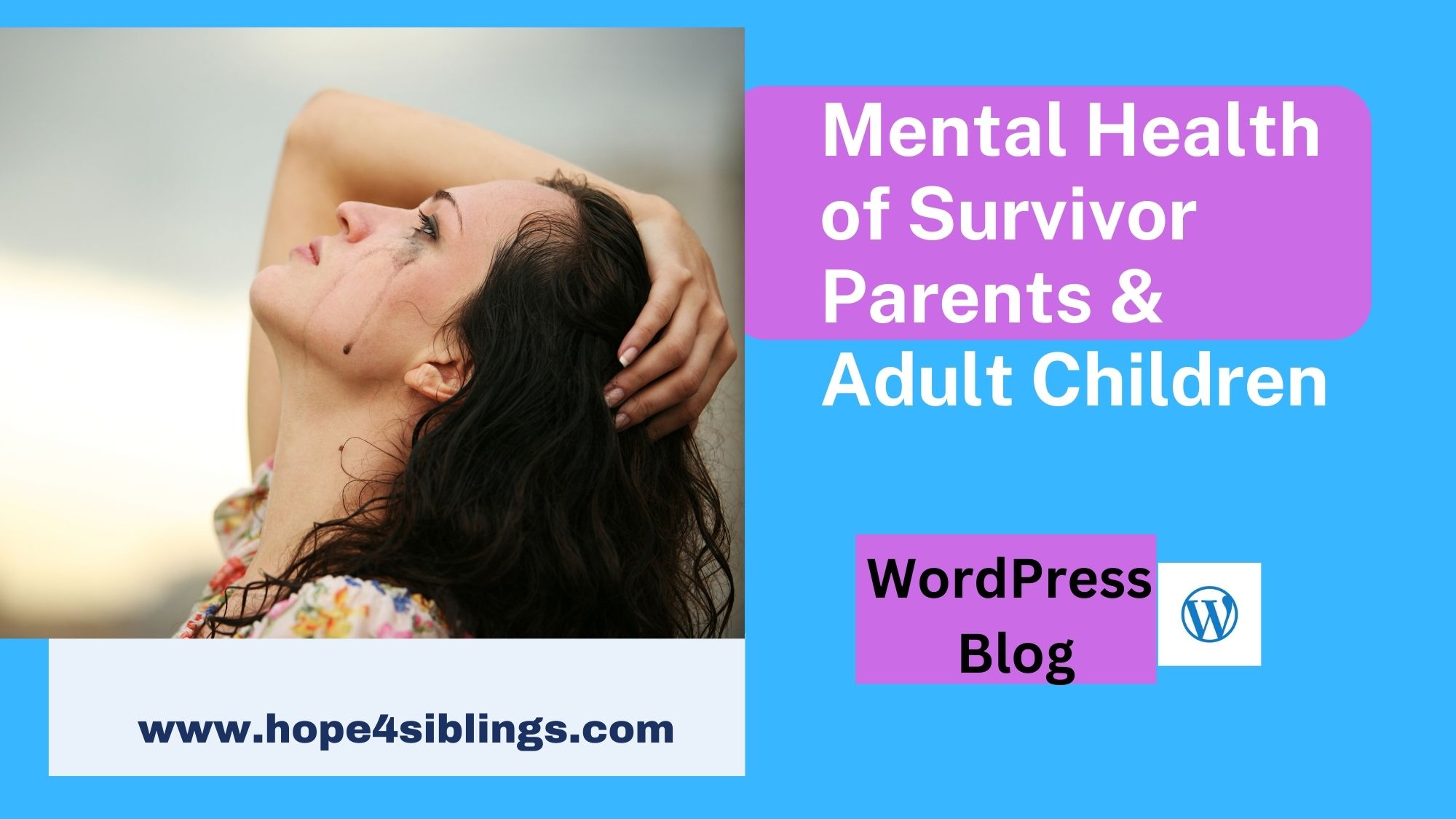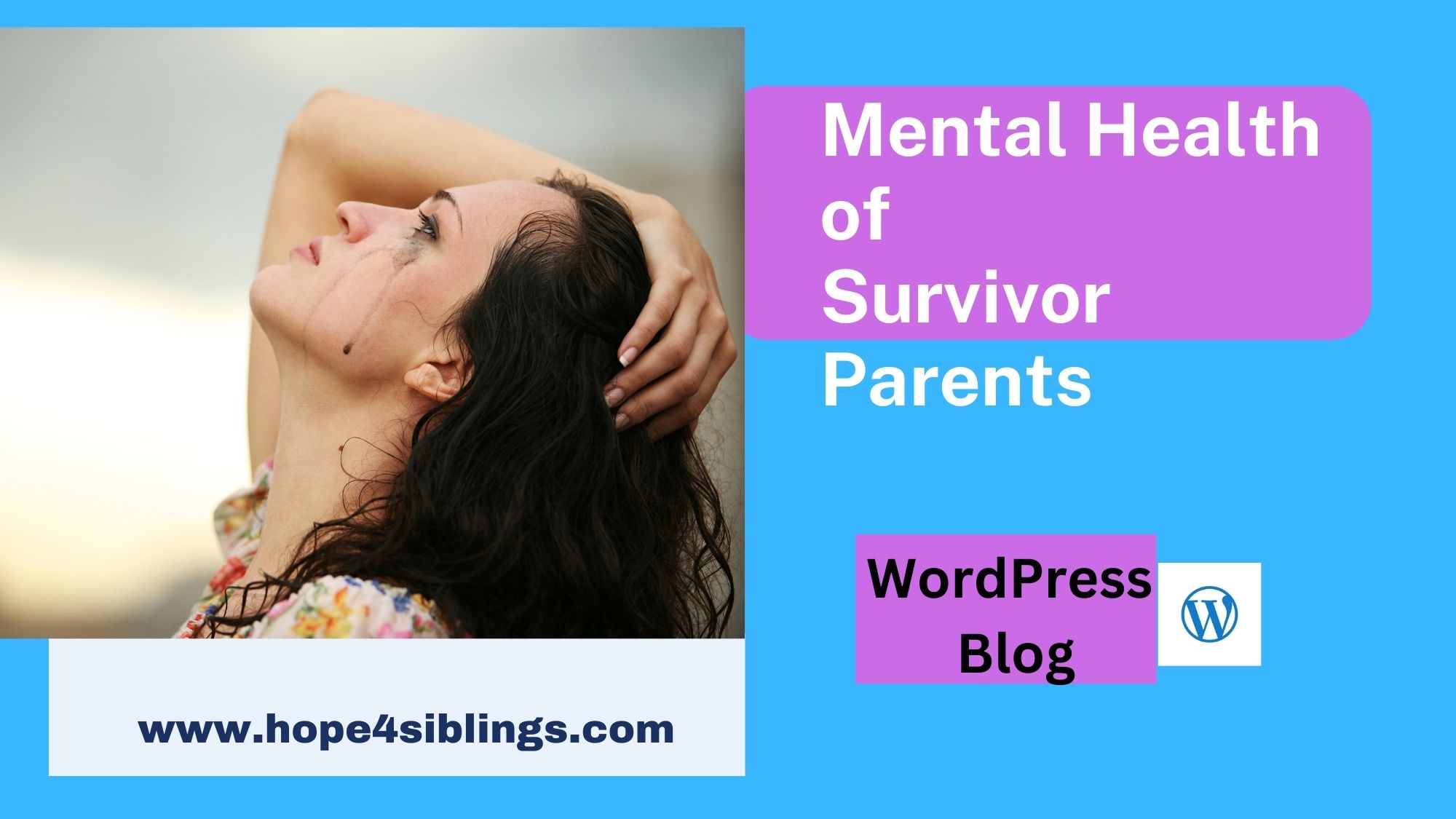A huge portion of our mental health crisis is coming from a relatively unknown population of Sibling Abuse Survivor-parents who are experiencing estrangement or complete cut-off from their adult children.
In America, there are over 40 million adult survivors of Sibling Abuse.
Adult-parent survivors of Sibling Abuse have approximately 13 million children.
It is Christmas and I want to post this blog after the holidays. I want it to get noticed. Before this Christmas, I calculated that I have spent nineteen of them without contact with my adult child. Right now, I am in the painful role of a de-throned, exiled mother.
I am a survivor of Sibling Abuse. I, like millions of other survivors, am estranged from my adult child. I no longer know my adult son or my grandchildren. I can assure you that my words are not generated through AI. I write from the heart of both a mother and a survivor. Mental health risk factors are in place for massive numbers of Sibling Abuse Survivors who are parents of adult children. The family is now under attack. The families of survivors are disappearing. It is important to put focus on the lives of parents who are alone and disconnected from their adult children. They are interconnected to all our families in this country. In my opinion, the core of our present mental health crisis is deeply rooted to survivor parents. Without a sense of family, many survivors are or are going into dangerous levels of mental dysfunction. No one is focusing on the massive estrangements that many are experiencing. Unfortunately, our tragedy is in full view and yet our country refuses to notice it. Sibling Abuse is a topic that our country tolerates and is also ignorant about concerning its harm to the lifespan of the victim. It is accepted as a rite of passage. The biggest misconception is that it doesn’t impact adulthood or parenting.
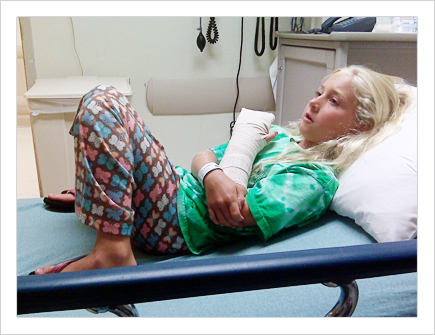
My Mental Health and Loss of my Child
If you conduct a Google search on Sibling Abuse, my name always comes up. Some people consider me a pioneer, a trailblazer. I consider myself to be one of the fortunate or lucky survivors. I was able to “finally” receive the right treatment for my recovery from Sibling Abuse. I underwent EMDR (Eye Movement De-sensitization & Reprocessing). I am also grateful that for the last sixteen years I have been able to work with other Sibling Abuse survivors. Sometimes when a survivor talks to me for the first time, they can hardly breathe. They often express that they have waited a very long time to tell someone what their sibling did to them in childhood. The majority tell me that they have never met another Sibling Abuse survivor. For many years, I have been the first witness. This has fortified me and has been helpful to my recovery. I am always elated when I can create an EMDR referral.
I am the first survivor in America who shared what my abusive sister did to me in both my childhood and adulthood. Additionally, I am the first survivor who became an adjunct professor and trained police officers, counselors, and social workers on the topic of Sibling Abuse.
I am very concerned about what I am reading about how prevalent the separations and cut-offs are now becoming an everyday reality. Social media and cellphone technologies make it easier than ever to cut people out of our lives.https://www.parentingforbrain.com/why-adult-children-are-cutting-off-their-parents/ A parent can be cut out of one’s life with the push of a button on a dial pad. We should all be terrified because parent-child-grandchildren relationships are disappearing. This is a tragedy that I am now giving to you. You are important in alerting others.
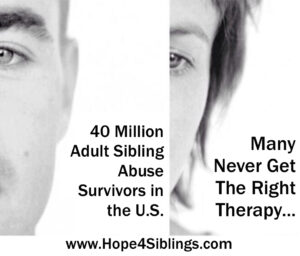
Empowerment and a Research Study
My mental health has been affected by not knowing my son. I am now in a final cut-off with my adult child. Instructions on parenthood and to also be a human being weren’t given to me in childhood. The aggressions from my Bully sister were extreme and forever altered my beginning brain. I am lucky to be alive. I wasn’t prepared for adulthood. After receiving trauma treatment, I knew that my innocent son had been affected by mental dysfunction. He watched many of my anxiety attacks and depression. He watched me take anti-depressants and he watched me withdraw from them. Year after year, he couldn’t do anything to help me. He was a helpless little child and as time went by, stopped trusting me. I have had to be more logical than emotional in my understanding of my parenting. I have had to be compassionate toward myself and forgive him for leaving our bond.
My self-blame was reduced when I read a rare research study by Corrina Jenkins Tucker, Ph.D., Associate Professor of Family Studies at the University of New Hampshire, which was published in the Journal of the American Academy of Pediatrics, June 17th, 2013, that sibling aggression “significantly” impacts adulthood. Adult survivors embody the crimes of an aggressive sibling(s) through:
- Psychiatric Hospitalizations, Prescription usage for anti-depressants/anxiety, Disability, Domestic Violence, Drug/Alcohol addictions, Unemployment, Hospitalizations, Poor Parenting, Emergency Visits, Gambling, Overspending, Bad Relationships, Divorce, Numerous Doctor’s Visits, Psychiatric Admittance,Homelessness, Imprisonment, and Suicide https://www.unh.edu/unhtoday/2013/10/sibling-aggression-and-mental-health
- Mental Health: A Personalization
Regarding my son and I, a cruel game has was played between us for many years. I had no power or alliances. He was very hurtful and mentally abusive to me. I quickly realized that no one wanted to hear about our problematic relationship or whether I was cut off. Many times, when I tried to share, I was cut off with, “he’s going through finding himself” or “boys don’t stay with their mothers.” The innuendoes came that implied that I was the cause. I was very alone. Sometimes I cried and rocked myself to sleep. All the power was with my son. After I recovered from a life-changing trauma treatment called EMDR (Eye Movement Desensitization) my son finally felt that he could let go of taking care of me. I was over-dependent on him for much of my parenting. He was all I had. We were a very nuclear family and many times we were in perpetual crisis. We were shunned not only by my family but also by aunts, uncles, and cousins. We were a family unit of two.
Throughout the years, my son’s rage was projected onto me; I was spoken to as if I was inferior and stupid. Many times, after he screamed at me, he hung up the phone or didn’t speak for several months or even years. His most aggressive act was to share details about his life while he lived with me. They were utilized to increase his status in my family. The details were laughed at for comical entertainment. I have been my family’s sacrificial lamb or scapegoat because there was no open communication or redress for what my abusive sister did to me in childhood. When I tried to disclose the truth I was told that I was mental ill or the misfit of our family. My only child became my abusive sister’s child. He is now included in my family of origin, and I am not.
Through many years, I tried to remember that I gave birth and was a mother.
My son and I had many on-again and off-again reconciliations. I felt lost when I didn’t have contact with my son. I knew I gave birth because I remembered it vividly. I can’t forget my son’s birth. I had no painkillers or anesthesia. At the actual birth, my cervix rapidly opened at 5 centimeters and then opened at 10 centimeters in less than 5 minutes. I looked at my son for a couple of seconds and then went into surgery.
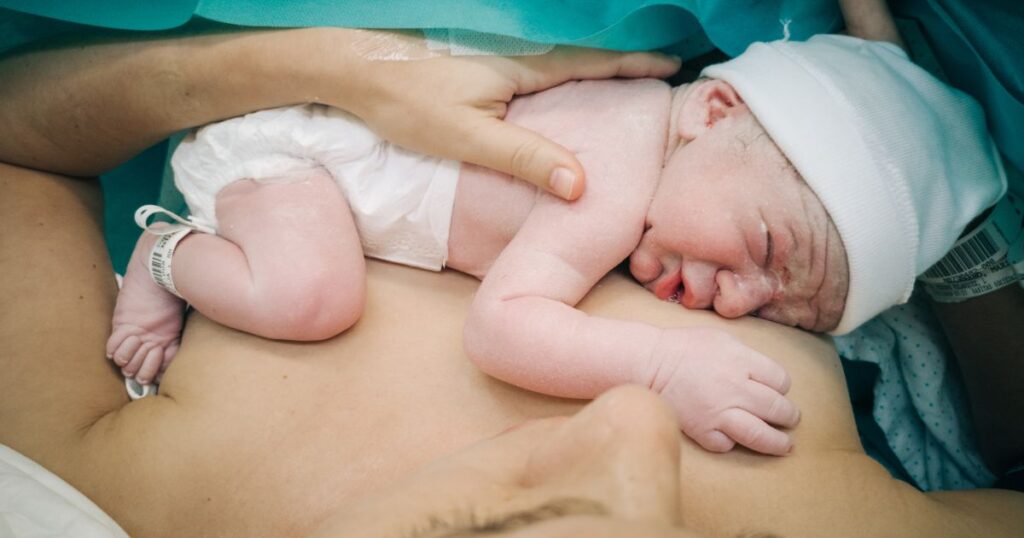
mental health abuse
Sometimes for my sanity in the grieving process, I needed confirmation that I was a mother. I often went to a small plastic bag that had a lock of his hair and my son’s first tooth that he lost. a tooth that came from my son. When I smelled his hair or rolled his tooth in my hand, I was inconsolable. For a very long, long time, I haven’t received a gift on either Christmas, Mother’s Day or my birthday.
The Mental Health of our Nation and Focus on Sibling Abuse
In adulthood when a survivor experience estrangement or abandonment by their adult child they are often re-triggered back to “at risk” mental places of instability that were experienced as a child. Survivors who experience estrangement or cut-off from their adult child are actually revictimized again. For many survivors their child was the first person they ever trusted. The loss is experienced in equivalency to a young parent losing a child to death. The lives of many survivor-parents are in the following statistics:
In the U.S., 43% of adults experiencing a mental illness are not receiving treatment.
In 1 year, an increase of 664,000 adults in the U.S., are suicidal.
100,000 Americans have died from overdoses.
The focus on estrangement, particularly for the survivor of Sibling Abuse, is one that researchers and advocates will need to turn their attention toward. Important conversations need to start so that awareness is widespread. Societal factors that perpetuate this must be under investigation. The willingness to do this must be put in place. Awareness within organizations as well as training in curriculums will be life changing.
If you or someone you know is in emotional distress or considering suicide, call the National Suicide Prevention Lifeline at 1-800-273-TALK (8255).

MENTAL HEALTH
Nancy Kilgore is a survivor of Sibling abuse. She is a consultant who does referrals on EMDR; she is also a Coach on Sibling Abuse. Nancy received her B.A. and teaching credentials from Sacramento State University and her master’s from the University of Oregon.
Nancy is the author of The Sourcebook for Working with Battered Women, Every Eighteen Seconds, and Sibling Abuse: True Story of the Impact to Childhood & Adulthood. Nancy is the author of The Sourcebook for Working with Battered Women, Every Eighteen Seconds, and Sibling Abuse: True Story of the Impact to Childhood & Adulthood. Nancy has been a national trainer for the United States Department of Justice, rape and domestic violence coalitions, and an adjunct professor for universities, and has written for Counselor Magazine and has appeared on radio and television.
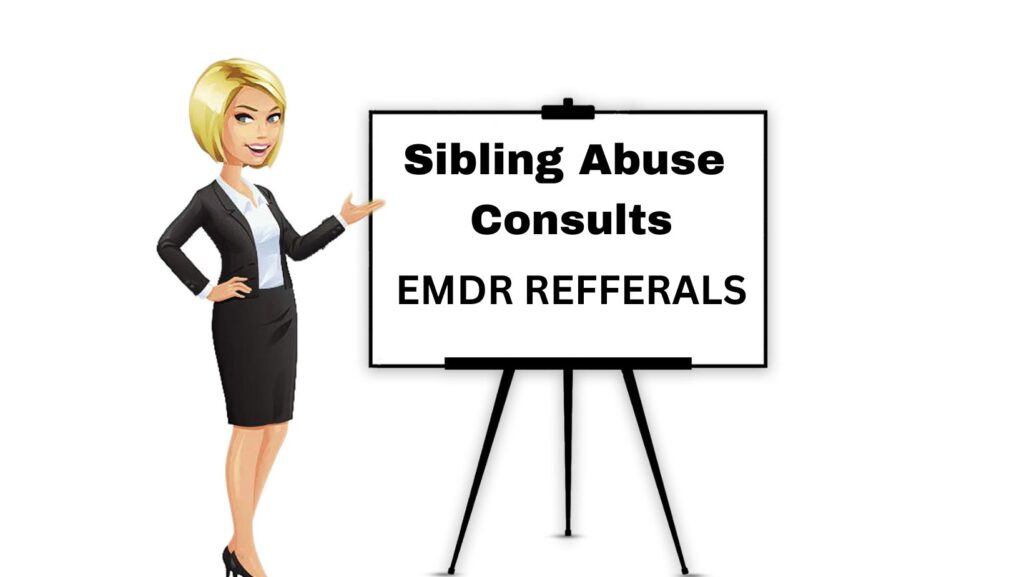 Website: https://hope4siblings.com/
Website: https://hope4siblings.com/
